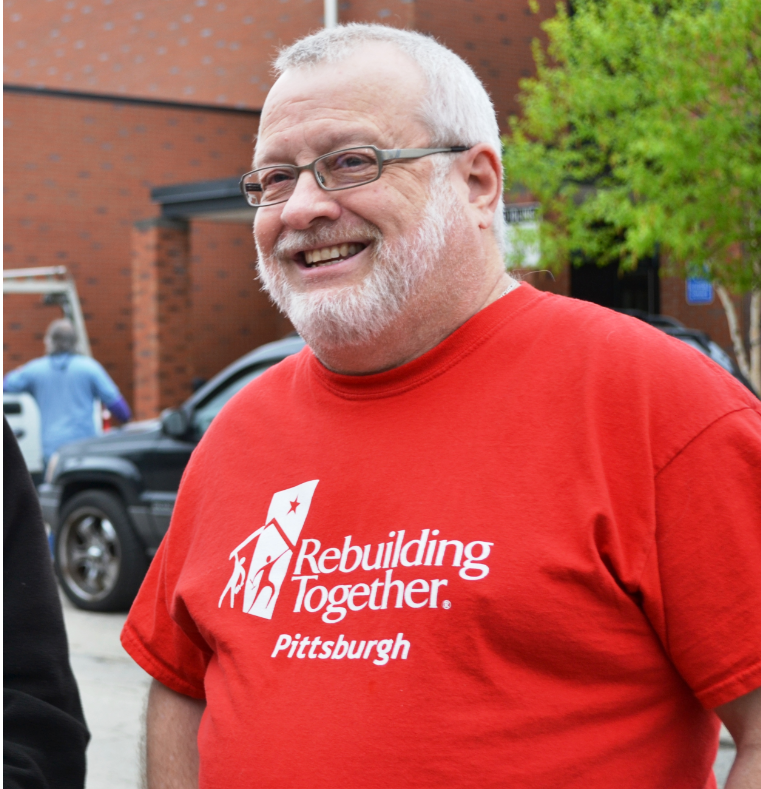Tuesday, April 28, 2020
By: Steve Hellner-Burris, CEO, Rebuilding Together Pittsburgh
We understand that the COVID-19 pandemic has heightened the need for residents to have their home-oriented health and safety issues remedied by RTP and its partner organizations as soon as possible. As a result, RTP staff has been evaluating our program delivery models with the goal of determining how we can better deliver services in a COVID-19 world, including what must change about them to be viable in the current climate of social distancing.
Our programs are built on strategies and values that improve the safeness and health of our communities and most often, those most vulnerable among us. RTP has introduced one new program and the expansion of our client services. Layering of these programs with our Building A Healthy Neighborhood and Core Home Repair services strengthens RTP’s role as an affordable housing provider and resource connector.
This new program, Operation Urgent Care (OUC), provides emergency repairs intended to stabilize homes of lower-income and senior homeowners who are being asked to shelter-in-place. With an intentional simplified program model, agile response time and streamlined approval, results in more residents served in a shorter period of time. Eligible emergencies in this budget range likely include gas leaks, water leaks, hot water heaters, service to furnaces, appliances, bathroom fixtures, flashing or flat roof repair, gutter repair, and falls prevention.
We’ve also worked to expand Case Management, which builds upon client liaison services to connect low-income homeowners to community, state and federal resources to assure homeowners shelter-in-place safely by reducing financial stresses and limiting risk of exposure to the virus. RTP’s connection to area homeowners and community partners creates a bridge in service provision for low-income homeowners. Needs identified for this service include food, access to a support network, connecting to financial assistance resources, and other immediate needs such as emergency repairs.
As advocates for health and safety concerns affecting at-risk populations, our main priority is to demonstrate how these populations, beyond requiring assistance with emergency repairs, face compounding home-based issues like exposure to asbestos, dangerous carbon monoxide levels, unsafe gas lines, and more – issues that are addressable and all the more relevant and time sensitive under the current “stay-at-home” conditions. Despite the turbulence brought about by the pandemic, we hope to demonstrate our on-going commitment to solving housing-oriented health and safety issues for the greater Pittsburgh community.
